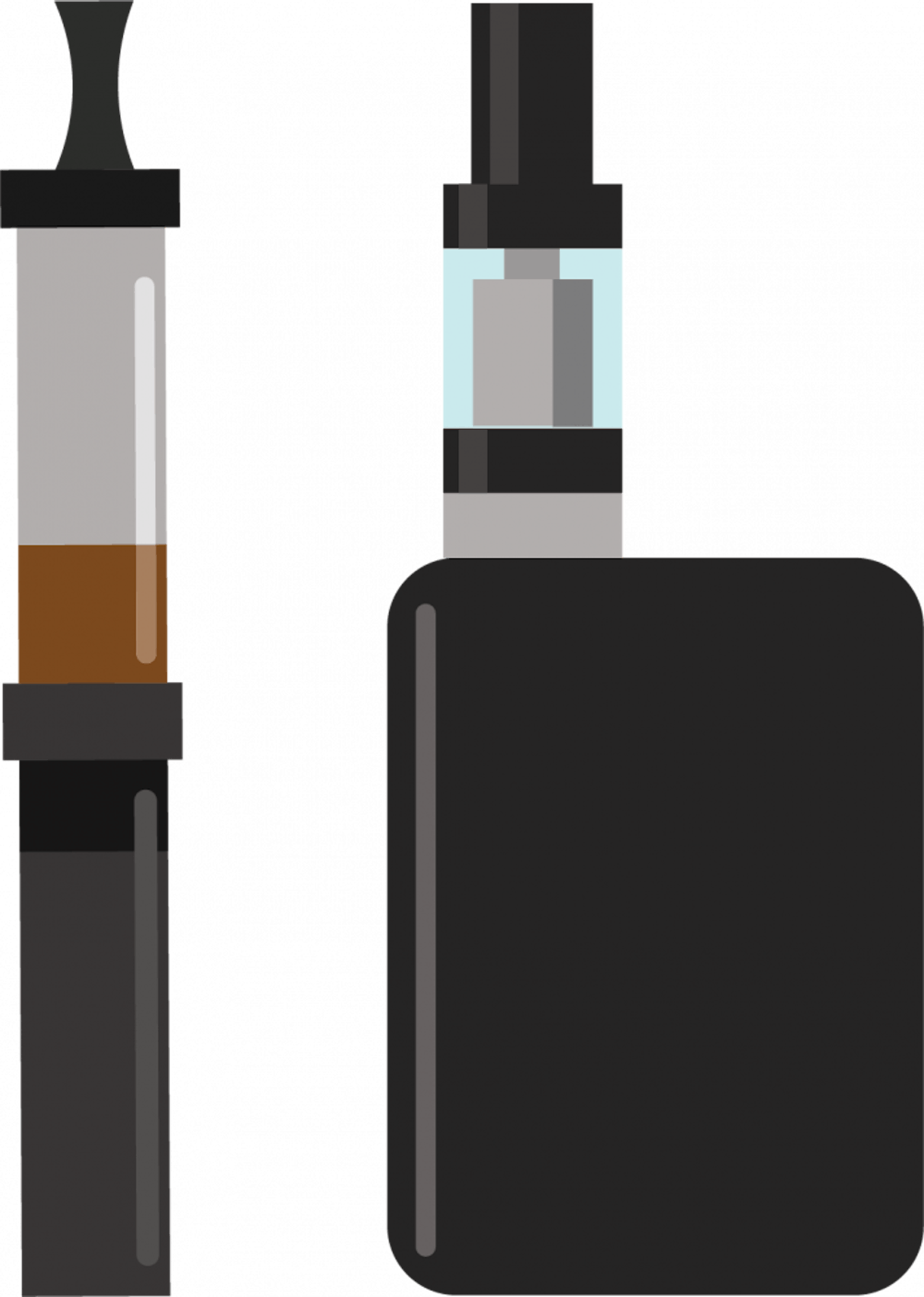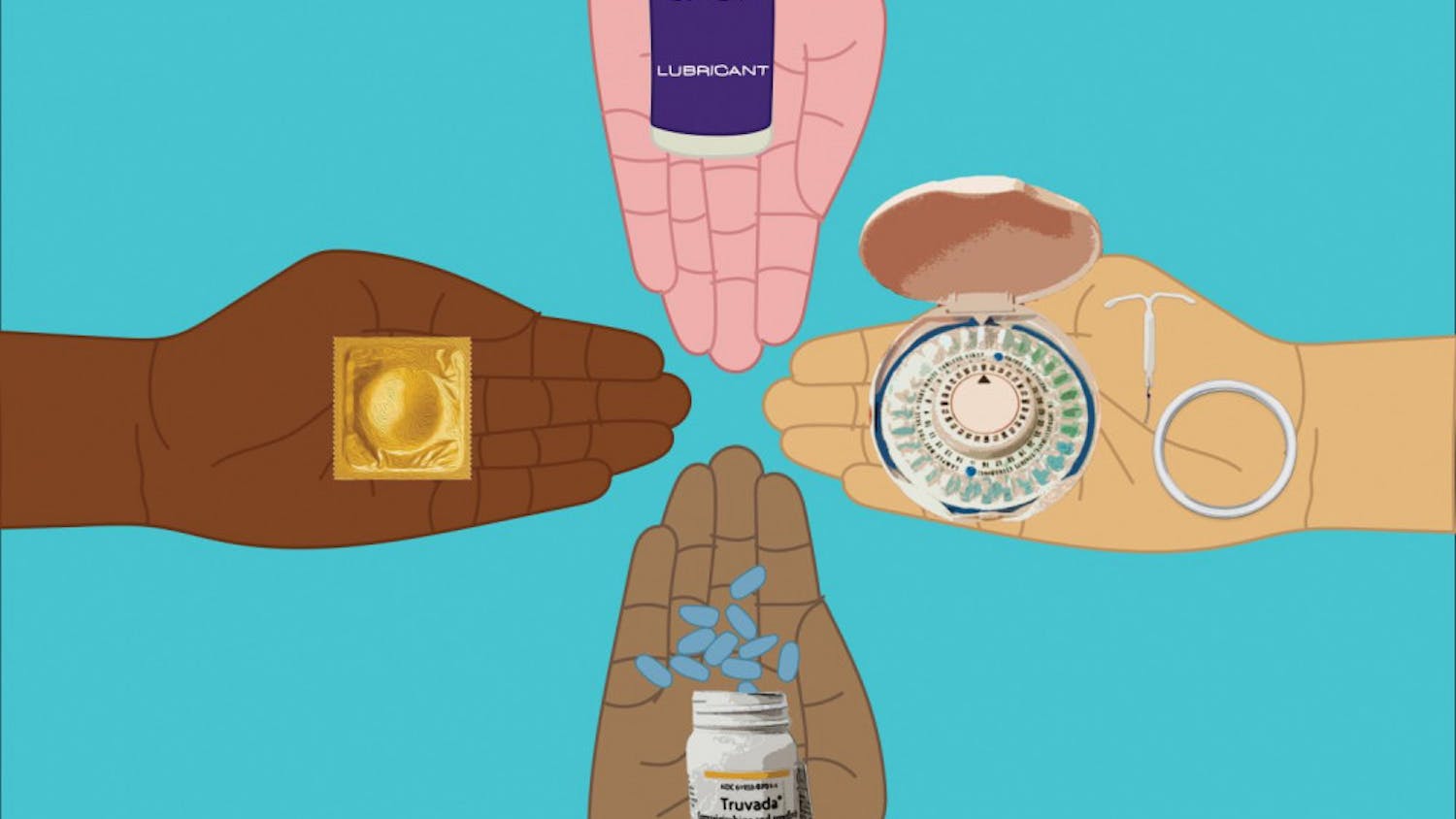Vaping is the new cigarette, it seems. Many college students enjoy the smell and sensation of vaping without the side effects of nicotine--or do they?
Last year, vape companies were under fire when the FDA mandated them to stop advertising to teens. Does this mean that vaping isn’t healthy?
There is a lot of conflicting evidence regarding the activity, so I asked a few public health professionals what they think about vaping.
What’s in vape clouds?
I asked biochemistry professor and general chemistry teacher, Garland Crawford, to break down the compound.
“In general the main components are nicotine, solvent and from there a range of flavoring agents. Nicotine is a primary reason people vape, and it’s been identified as being an addictive compound and classified by some as being as addictive as heroin and cocaine,” Crawford said.
Jimmie Smith, a previous assistant professor of public health who focuses on health education, also added that many vape/e-cigarette products use tobacco.
“It certainly has been promoted as an alternative to traditional tobacco usage, but it's still tobacco usage. You take a tobacco product, you liquify it, you concentrate it and now when you burn it, you produce water vapor,” Smith said.
Smith also said that tobacco is the foundation of the No. 1 cause of preventable death in the U.S.
Is vaping safer than cigarettes?
Smith said he disagreed that vaping was any safer than cigarette smoke. Crawford also said he disagreed and recalled a study stating that the vape solutions come in contact with a heated metal coil, and from this coil, pieces of metal can be transferred to the vape solution and into your lungs.
“The process of vaping at all can begin to introduce some of these metals into the air you’re taking in. It’s hard to know what those implications are going to be,” Crawford said.
Because of the unknown implications, Crawford said he does not recommend vaping as an agent to wean heavy cigarette smokers from smoking.
“There are several things like gums that can help wean people off of nicotine. There are other cessation therapies that are important. Even though it may be a little cleaner than smoking, it still doesn’t mean its without its own set of risk,” Crawford said.
Others have argued for vape use to help wean people off cigarette smoking, but the studies focusing on this have not been consistent in sharing the same outcome. Mary Mathis, a public health professor here at Mercer, said she believes those taking this route should proceed with caution.
“At one time, we believed that cigarettes are not as lethal as they are. We just didn’t have evidence to support a claim one way or the other,” Mathis said.
Can I get popcorn lung from vaping?
Popcorn lung is another concern people have against vaping. “Popcorn lung is a condition that results in irreversible damage to lung tissue based on inhalation of particular compounds,” Crawford said.
Diacetyl, a flavoring agent, has been known to be safe for ingestion but once it is in the air, it can cause damage in the lungs, according to the CDC.
“The question really is, do we have the same chemicals that cause popcorn lung in e-cigarettes?” Crawford said. Diacetyl is seen in different flavoring agents for vapes, but not all, and amounts vary.
“There is a low probability of an acute reaction, but long-term is always its own thing,” Crawford said.
In fear of getting popcorn lung, many people wonder if they should cover their noses when they walk through a cloud of vape.
“I still try to avoid it, walk around or cover your nose,” Smith said.
As closing advice, Mathis implored students to do their research. “Find out what it’s really doing to your body as evidence comes out,” Mathis said. “And try to find a healthy substitute for vaping. Eating well, exercising, drinking lots of water and having fun.”





